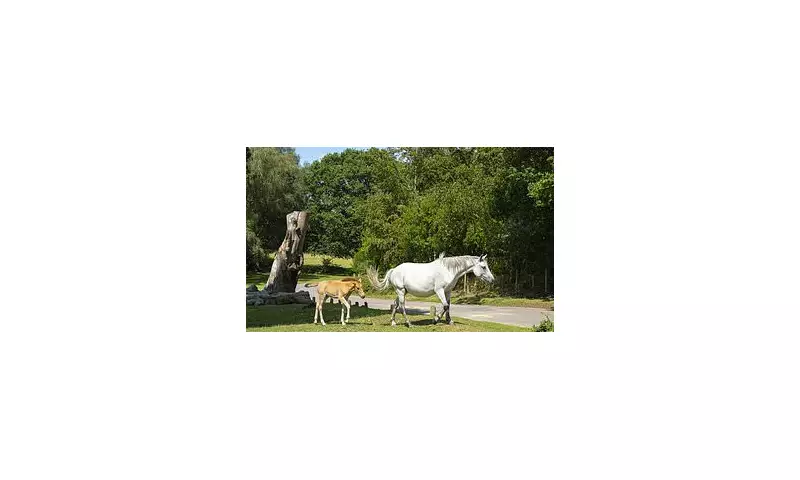
The essential rulebook for millions of visitors to the British countryside has undergone its first major overhaul in over ten years. The updated Countryside Code, published by Natural England and Natural Resources Wales, introduces fresh guidance designed for the 21st-century rambler, addressing modern pursuits and emphasising a renewed respect for the land and those who work it.
New Guidance for Popular Pastimes
Recognising shifts in outdoor activities, the code now includes specific advice for increasingly popular hobbies. It explicitly encourages people to 'ask first before stroking ponies or livestock', a move aimed at preventing stress to animals and ensuring public safety.
For anglers, there is new guidance on nighttime fishing, urging participants to be exceptionally mindful of noise levels and light pollution to avoid disturbing wildlife and other people enjoying the tranquillity of the countryside after dark.
The 'Leave No Trace' Ethos
A significant focus of the update is a stronger emphasis on the 'leave no trace' principle. The code now explicitly states that visitors should not light open fires or barbecues, and must take all litter home, including biodegradable items like fruit peels which can harm wildlife.
The message is clear: the countryside is not an extension of one's backyard. It is a working environment and a fragile ecosystem that requires care and consideration from all who enjoy it.
Clarity on the 'Right to Roam'
The code provides renewed clarity on the famous 'right to roam'. It reinforces that while people have a right to access open land, this comes with a responsibility to respect the environment, to stick to paths across farmland to protect crops, and to use gates and stiles rather than climbing walls or hedges.
The update also tackles the issue of dog walking head-on, reminding owners that they must ensure their dog does not scare or disturb farm animals or wildlife. It remains a criminal offence for a dog to worry livestock.
This comprehensive refresh aims to ensure the cherished British countryside can be enjoyed by generations to come, fostering a spirit of shared responsibility between visitors and land managers.





